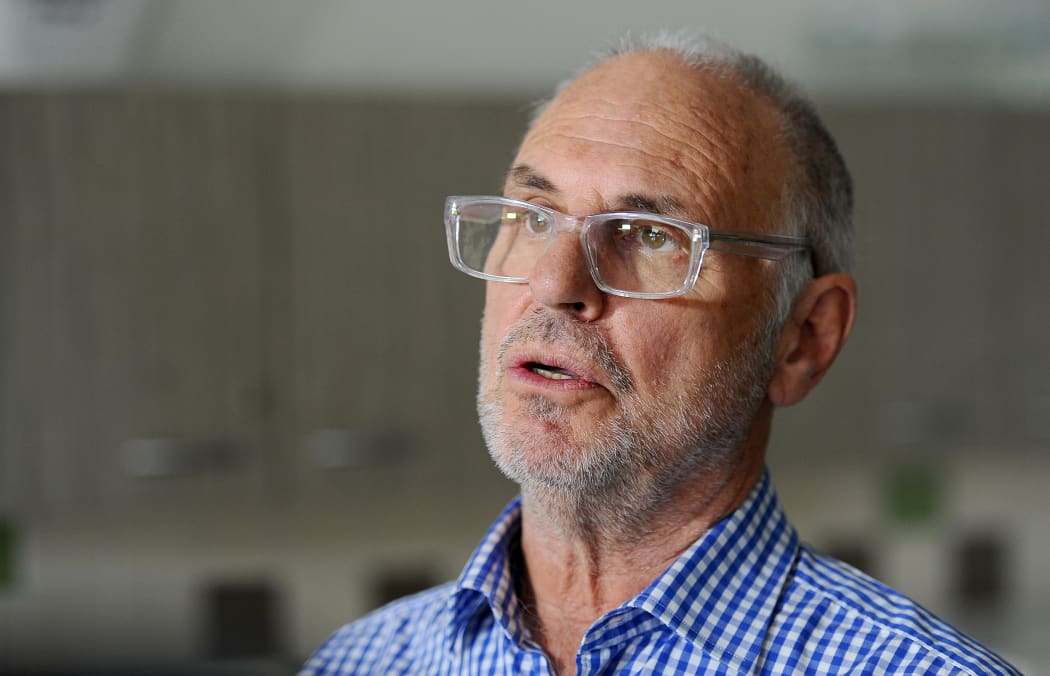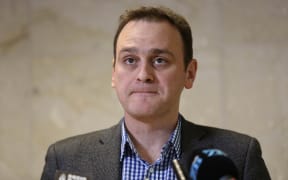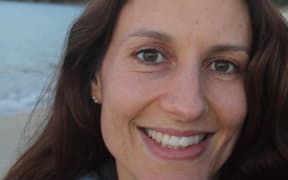Voluntary euthanasia advocate Dr Philip Nitschke has agreed to not provide advice on suicide and euthanasia, under conditions imposed by the Medical Board of Australia.

Dr Philip Nitschke Photo: AAP / Joe Castro
The Medical Board today announced Dr Nitschke had agreed to 25 conditions after a long investigation into his work as a medical practitioner.
The most significant agreement is that he will not endorse or encourage the suicide of any member of the public.
Dr Nitschke will also only be permitted to practise as a doctor in the Northern Territory.
He was suspended in July last year after admitting in an ABC interview to supporting 45-year-old Perth man Nigel Brayley's decision to take his own life.
In emails obtained by the ABC, Mr Brayley admitted to Dr Nitschke he was not "supporting a terminal medical illness", but said he was "suffering".
The high-profile doctor has agreed to discontinue hosting workshops on euthanasia methods and providing advice and testing kits for euthanasia drugs.
Dr Nitschke's wife, Dr Fiona Stewart, said he was not allowed to speak publicly about the agreement with the Medical Board.
She said Dr Nitschke was being unreasonably restricted.
"He won't be allowed to talk about assisted suicide, or euthanasia or any member of the public," Dr Stewart said.
"It kind of sounds the death of free speech in Australia."
Conditions to 'restrict' Dr Nitschke's medical practice
In its announcement, the Medical Board said the 25 conditions imposed would "restrict the scope of Dr Nitschke's medical practice and put an end to his involvement in providing any advice or information to any patient or member of the public about how to commit suicide".
It said the mediated settlement concluded the legal and tribunal proceedings regarding the medical registration of Dr Nitschke.
Major conditions on Dr Nitschke include:
- Not providing advice or information on suicide or Nembutal to any patient or member of the public
- Not selling or providing tests to check the purity of Nembutal or being involved in its manufacture
- Not prescribing, supplying or administering a barbiturate, benzodiazepine class medication or opiates without being authorised to do so in writing by a palliative care physician
- Not endorsing or encouraging the suicide of any patient or any member of the public who has communicated that intention
- Removing endorsement of / involvement with the 'Peaceful Pill' handbook and related videos
- Communicating effectively with other medical practitioners involved in the clinical care of patients and maintaining adequate patient records
- Referring patients or members of the public interested in suicide to a registered health practitioner or a local mental health service
- Practising under the indirect supervision of a board-appointed supervisor for 24 months, in a location approved by the board
Dr Stewart said Dr Nitschke has also stepped down from the voluntary euthanasia website he founded, Exit International.
"Running a non-profit organisation on voluntary euthanasia advocacy is incompatible with having medical registration, according to the Medical Board of Australia," Dr Stewart said.
Mary Waterman's 25-year-old son, Joe, took his own life after becoming depressed.
He had contact with Exit International, buying online the group's guide on how to commit suicide, The Peaceful Pill Handbook.
Mrs Waterman believed the restrictions on Dr Nitschke had been a long time coming.
"I can't believe that it's taken this long," Mrs Waterman said.
"I do feel some justice that somebody finally has said Philip Nitschke is out of control and they're stepping towards making that public. But there's still a fair way to go."
Dr Nitschke is currently in Switzerland undertaking work on voluntary euthanasia and is due to return to Australia in late November.
In the next few weeks, he intends to consult with members of Exit International to gain their views on whether he should abide by the restrictions placed upon him in order to keep his medical registration.
Dr Stewart said the conditions Dr Nitschke had agreed to were onerous.
"I think in some regards, it's an example of a medical profession being totally unable to deal with the fact that people want information about when and how they're going to die, and about the fact that the bulk of Australians actually believe that there should be a law introduced on voluntary euthanasia in the country," Dr Stewart said.
"It's really trying to gag any sort of public debate on voluntary euthanasia and assisted suicide in Australia."
- ABC




